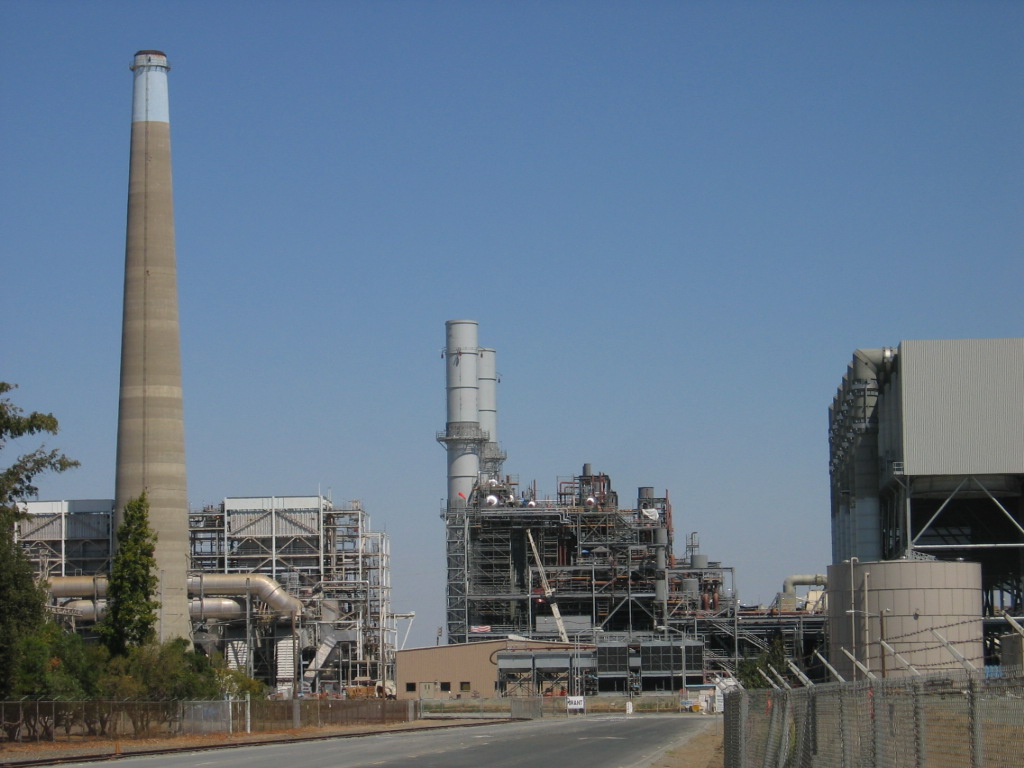A new report warns against the folly of over-investing in natural gas
By Thibault Worth

The nation’s power plants are aging. An increasing number require replacement parts; others can’t keep up with new environmental regulations.
A report released today [PDF] by the Boston-based think tank Ceres estimates that in the next two decades, up to $100 billion will be invested in the electric utility industry every year – twice the amount invested in recent years.
According to the report, that boom in investment will take place in a shifting regulatory environment. Air pollution and greenhouse gas restrictions will increase, and fossil fuel-burning power plants will have to keep up. Governments are setting requirements for energy from renewable sources. (California, for example, is targeting a 33% renewable energy ratio by 2020.) Smart grids and new consumer technologies are changing how people think about energy production and consumption.
The good news is that the industry is growing, and will have an unprecedented chance to clean up its act. The bad – or cautionary – news is that state regulators will face increasingly complex investment challenges and pressures to make short-term fixes when they need to be thinking long-term.
A prime example is the recent expansion of the natural gas-fired power plant fleet across the country. Public utilities and private energy companies have been applying for permits to build natural gas power plants in record numbers, in part because of the current low cost of natural gas, in part because many regulators believe they are a solution to the inherent fluctuations in renewable energy sources such as wind and solar. But over-investment in natural gas would be a “folly” says Denise Furey, a co-author of the Ceres study.
“The problem with natural gas is that it is a commodity and subject to price fluctuations.”
If the price of natural gas goes up, so will electricity prices for consumers. And we’ll be stuck with a bunch of fossil fuel-burning plants that contribute to climate change.
The report’s authors say it is important that state regulators remain risk-aware, and diversify energy baskets over the long term.
